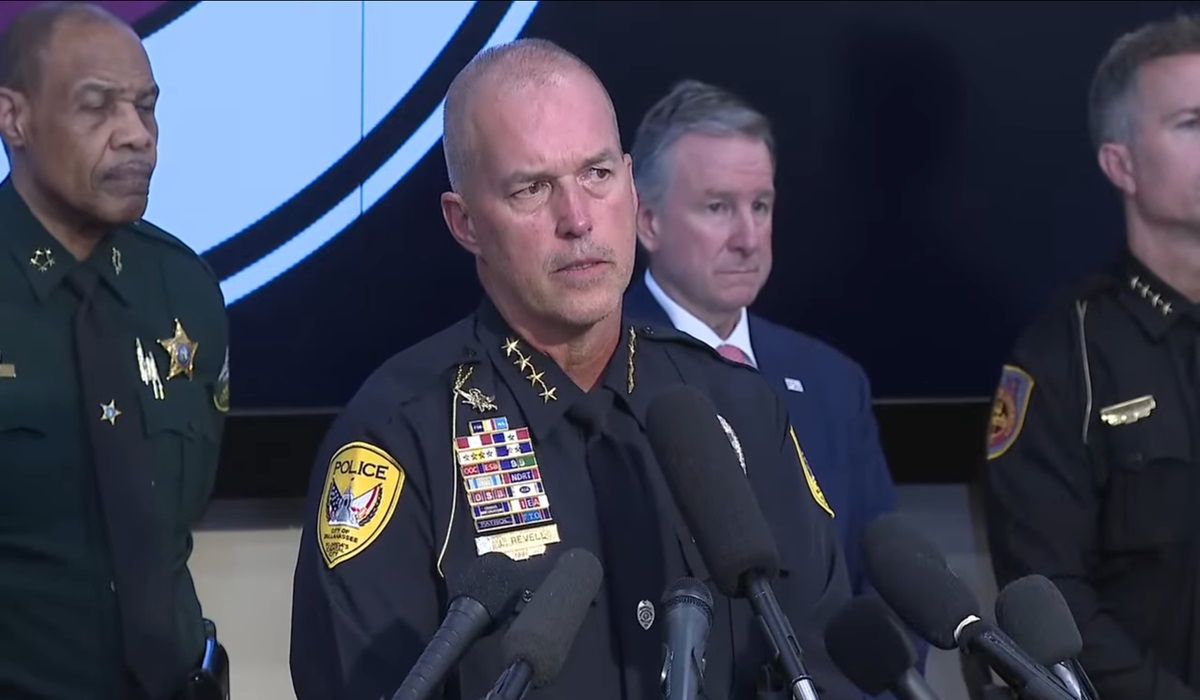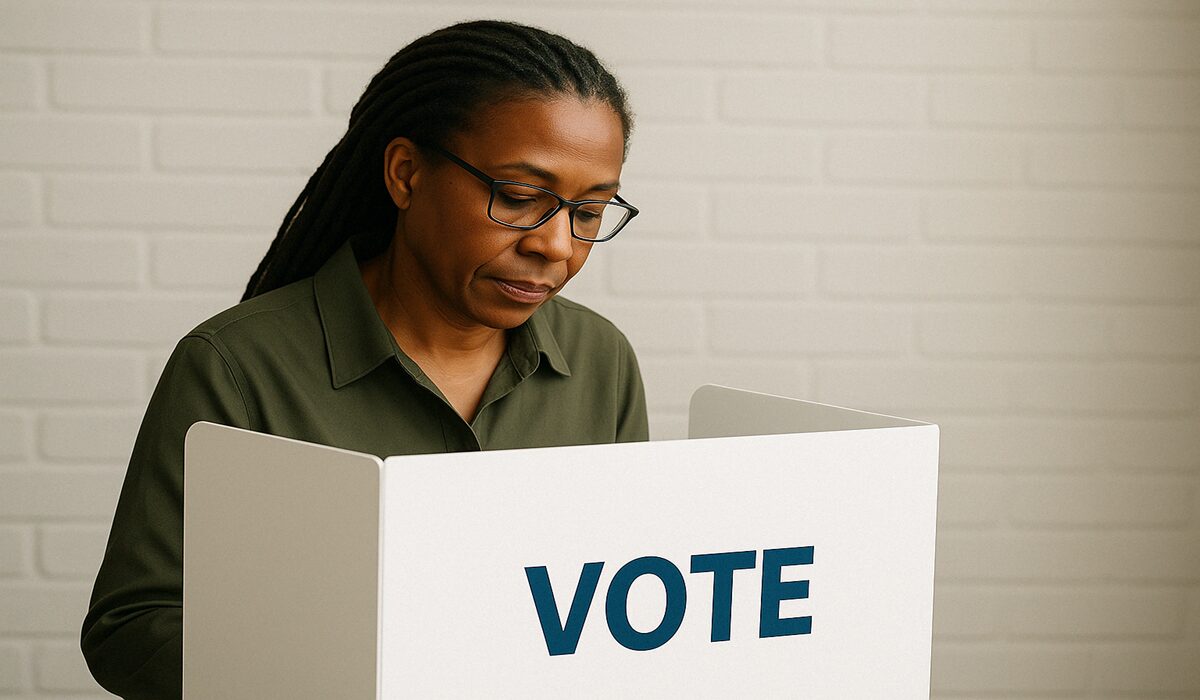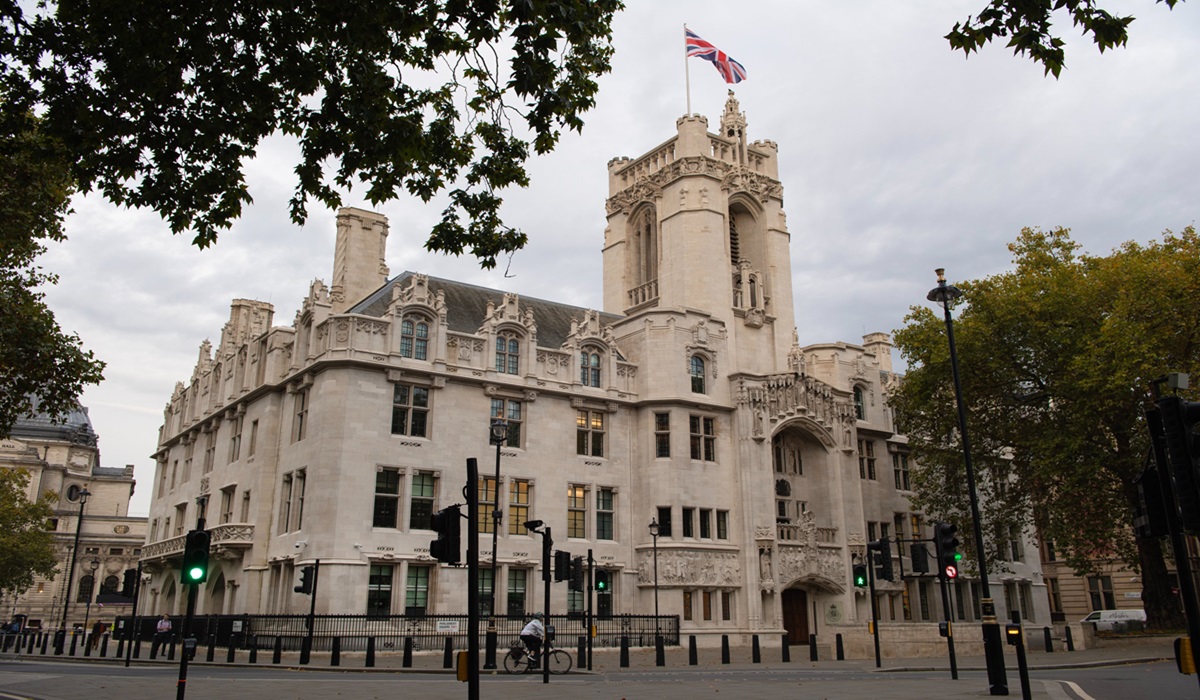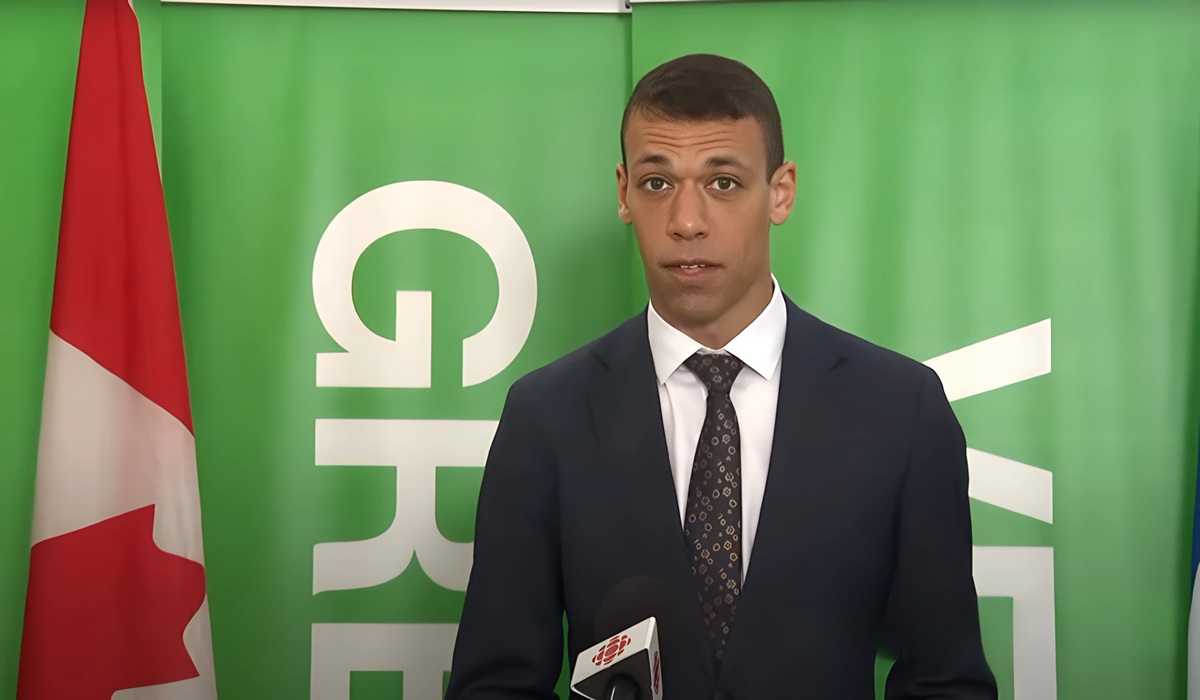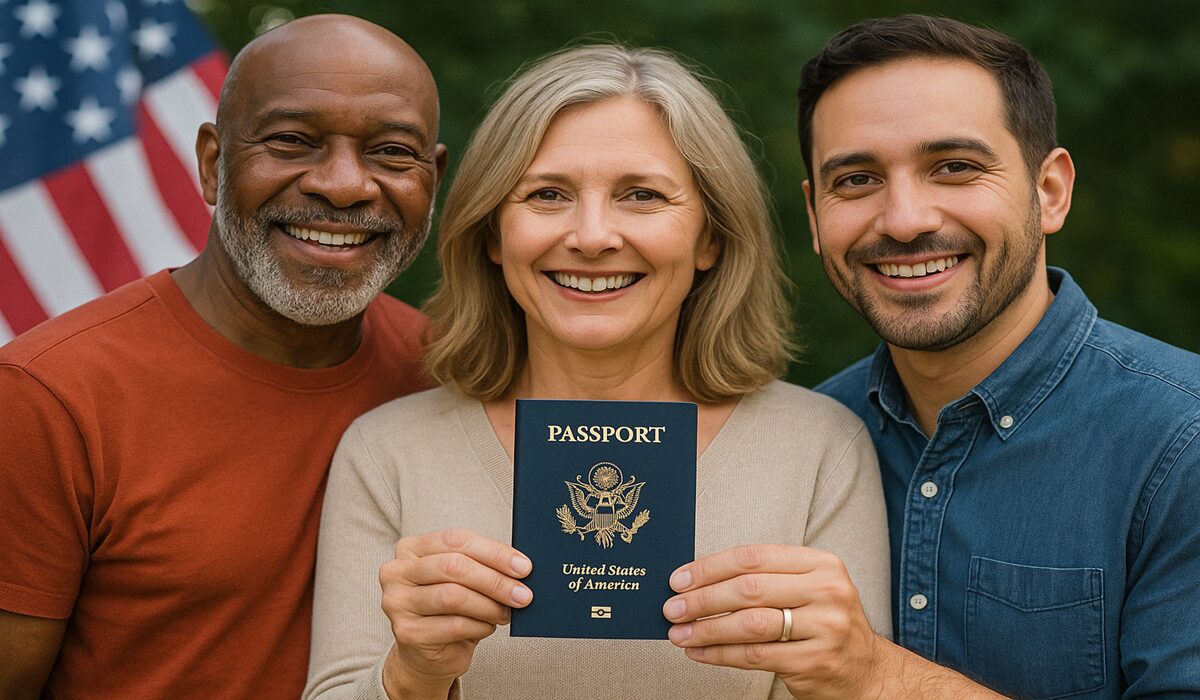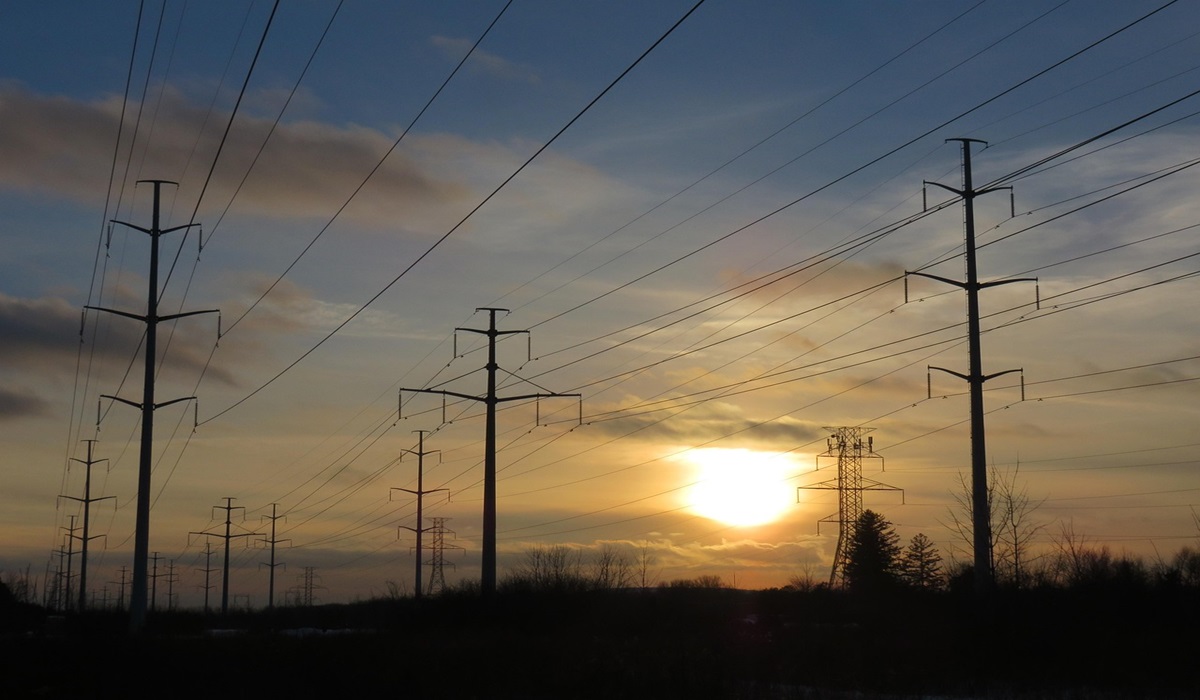Did The Federal Government Turn A Blind Eye To Forced Labour?
- TDS News
- Breaking News
- Canada
- South Asia
- February 16, 2023
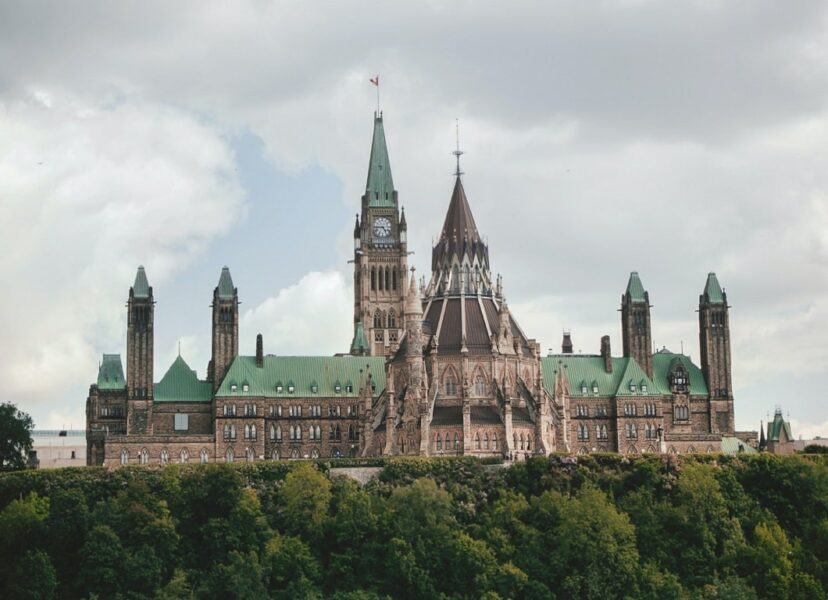
The Canadian Government is still facing heavy criticism for rewarding multimillion-dollar contracts to an organization that has allegedly used forced labourers to manufacture gloves procured for the country.
To fight against forced labour, the Canadian Government must lead by example. First and foremost, it is a moral imperative for the Government to take a stand against human rights abuses and to ensure that the products it purchases for its own use or for distribution to its citizens are not complicit in such abuses. Additionally, by taking a strong stance against forced labour, the Government can set an example for other organizations and individuals to follow and pressure companies to improve their labour practices.
Supermax HealthCare Canada, a subsidiary of Supermax Corp, has received more than $500,000,000 in contracts; ($231 million) from the Federal Government of Canada and ($330 million) from the Quebec government since the start of the pandemic for Personal Protective Equipment (PPE). They are also the second largest manufacturer of disposable gloves globally, producing 24 billion gloves annually, accounting for a 12% share of the global market. The company is accused of forced labour by exploiting migrant workers in its Malaysian factory.
The U.S. government found these forced labourers to face all but one of the following International Labour Organization’s 11 indicators of forced labour:
1. Abuse of vulnerability
2. Deception
3. Restriction of movement
4. Solation
5. Physical and sexual violence
6. Intimidation and threats
7. Retention of identity documents
8. Withholding of wages
9. Debt bondage
10. Abusive working and living conditions
11. Excessive overtime
The situation at Supermax was first exposed prior to the pandemic in a November 2019 publication in The Diplomat magazine. In response to the allegations, La Presse reported that Supermax had hired an independent firm to conduct a full audit of its operations per the International Labor Organization’s forced labour indicators. The report of this audit is overdue.
According to Supermax Healthcare Canada, Supermax has advised that independent firms are conducting two labour audits and that two additional U.S. auditors will also conduct analysis and monitoring through April 2022. In addition, Supermax is in discussions with various diplomatic bodies in Malaysia, including the Nepalese and Bangladeshi embassies, to help migrant workers assert their rights.
Supermax also reiterated that it would speed up a process it had begun in 2019 to meet labour standards set by the International Labour Organisation. According to Supermax, Canada represents 9% of its total sales, and the Government’s decision to delay its order will have a minimal impact. Sales to other Canadian entities are continuing.
Supermax Healthcare Canada has unequivocally condemned the alleged practices of its Malaysian supplier and partner and reaffirmed its commitment to ensuring the respect of workers’ rights throughout its supply chain. If the allegations are true, it has indicated that it will consider all options available to rectify the situation, including sourcing from an alternative supplier, regardless of Supermax Corp.’s financial stake in the Canadian company.
Supermax Healthcare Canada maintains that it shared an audit of Malaysian operations with the Canadian Government in 2019 and that Government was satisfied with the report.
The extent of the audit shared with the Government and what specific details or evidence provided raises some questions, considering the audit was still in progress.
- What compelled the Government to proceed with a contract with Supermax if they were still in an audited environment?
- How did they determine if the allegations of forced labour were factual or false?
- What guarantees were they given, if any, that all allegations were false?
- What were the reimbursement terms if the allegations were proven to be accurate?
- When was the audit completed?
- What alternative manufacturer/supplier was in place that could have filled the procurement requirements?
In the wake of a once-in-a-generation pandemic, governments were under pressure to find solutions and provide protective equipment, but is there ever a better time to ensure their judgment is sound?
International
In October 2021, Supermax had a Withhold Release Order placed on the import of gloves by the United States and the United Kingdom on suspicion of using forced labour in the manufacture of its products. In October 2021, U.S. Customs and Border Protection (CBP) issued a warrant to seize disposable gloves manufactured by Supermax and its subsidiaries at all points of entry into the United States.
“With 10 of the 11 forced labour indicators identified during the course of our investigation, CBP has ample evidence to conclude that Supermax Corporation Bhd. and its subsidiaries produce gloves in violation of U.S. trade law,” said CBP Office of Trade Executive Assistant Commissioner AnnMarie R. Highsmith. “Until Supermax and its subsidiaries can prove their manufacturing processes are free of forced labor, their goods are not welcome here.”
As a result, distribution companies like Patterson, based in the U.S., and Henry Schein, based in New York, have stopped distributing Supermax products to countries such as the U.S.A. and the U.K. However, they still sold these products in Canada, where the Government appears to have taken a more lax approach. Even though Henry Schein has won awards on ethics (Ethisphere’s – World’s Most Ethical Companies Award — 11 years in a row), and both aforementioned companies have rules against forced labour in their supply chain as part of their CSR obligations – it once again appears global ethics clearly stop at the Canadian border. Creating an environment for dumping these allegedly forced labour-produced products into Canada.
In Britain, a parliamentary committee is investigating, and the Government has indicated that the investigation could lead to Supermax being banned from supplying the National Health Services (NHS).
The Independent UK Anti-Slavery Commissioner put out a report in April 2022 and was disturbed by Lord Kamall’s response in Parliament that the Government had placed an order with Supermax as late as July 2021 despite his reference to safeguard to terminate the contracts with the company. Still, no actual termination nor practical safeguarding measures were mentioned.
In May 2022, the High Court granted permission for The Citizens, a non-profit group, to proceed in challenging the decision to continue using the U.K. subsidiary of the Malaysian company, Supermax as an approved supplier of disposable gloves for NHS workers.
On December 1, 2022, it was reported the U.K. government came to a settlement for procuring Supermax gloves while violating its own rules on anti-slavery – committing to changing the way in which it and its healthcare system procures products.
Canada
The Conservatives, NDP and Bloc Quebecois are asking for a parliamentary inquiry, calling out the Government for having been aware in January 2022 of the allegations against Supermax and subsequently only looking into the company’s Canadian operations. Ottawa only decided to suspend future deliveries after the U.S. announced its approach. Non-government orders of the gloves are still allowed.
The Canadian Government has stated that it will reassess the situation once it receives the independent audit of Supermax’s international operations. If that is the Government’s stance, is not the previous audit shared in 2019 sufficient to decide whether to cancel or proceed with the contract in force?
Canada has a policy prohibiting the importation of goods produced by forced labour, which was incorporated into the Canada-United States-Mexico Accord Implementation Act (CUSMA). Formerly the North America Free Trade Agreement (NAFTA), referred to by the U.S. as USMCA, and Mexico as MUSCA.
The Liberal election platform in 2021 called for, “Introduce legislation to eradicate forced labour from Canadian supply chains and ensure Canadian businesses that operate abroad are not contributing to human rights abuses.” Pg 67.
On April 7, 2022, Member of Parliament James Bezan (Selkirk—Interlake—Eastman of the Conservative Party of Canada, CPC) asked the following question during Question Period (QP) in the House of Commons:
Bezan: “Mr. Speaker, at the most recent G7 meeting, the Prime Minister and the Liberal Government committed to eradicating forced labour from international supply chains.
“However, the Liberals still entered into a $222-million contract with Supermax, which has been linked to egregious acts of forced labour, and they signed a $250-million contract with Sinopharm, a Communist state-owned company controlled by Beijing, which is committing gross human rights violations against Uighurs, Tibetans and Falun Gong practitioners.
“How can the Prime Minister justify these contracts, which are directly funding gross human rights violators?”
Hon. Filomena Tassi: (Minister of Public Services and Procurement, Lib “Mr. Speaker, we remain committed to ensuring the highest ethical standards for government procurement and preventing human rights abuses, including forced labour in our supply chains.
“With respect to Supermax, following allegations of forced labour from the supplier, we terminated all contracts with the supplier. In fact, as soon as we heard these allegations, we stopped shipments from entering Canada.
“We are going to continue to monitor our supply chains closely and continue to work to ensure we are following the rigorous standards that Canadians expect.”
However, the Government’s response does not reflect Supermax’s statement released on January 19, 2022, indicating they can still do business with the government and import PPE into the country. Nor does the response reflect the Fortune 500 Healthcare companies that stopped distribution in the U.K. and U.S.A. but not Canada.
October 5, 2022 — Mr. Bezan (Selkirk—Interlake—Eastman) asked the OPQ 861 —
Bezan: “With regard to the statement during Oral Questions on April 7, 2022, by the former Minister of Public Services and Procurement that “With respect to Supermax, following allegations of forced labour from the supplier, we terminated all contracts with the supplier. In fact, as soon as we heard these allegations, we stopped shipments from entering Canada”:
(a) On what date was the Government informed of the forced labour allegations?
(b) On what date did the Government terminate all contracts with Supermax Corporation Berhad and its subsidiaries, including Supermax Healthcare Canada?
(c) On what date was the order made to stop all shipments from entering Canada, and what form did the order take?
(d) Is the order in?
(c) Still in place, and if not, when did it end?
(e) How many shipments have been stopped to date?
(f) What are the details of all stopped shipments, (i) including the date it was stopped, (ii) inventory of shipment, (iii) including product description and volume?
(g) Does the Government currently have any contracts or arrangements in place with distributors providing Supermax products, and, if so, what are the details, including the (i) name of supplier or vendor, (ii) product they are supplying, (iii) contract value, (iv) date the contract was signed, (v) reasons why the Government did not terminate the contract or agreement?
While it is unclear when and what the Canadian Government knew about the Supermax allegations, it does provide some context for why Supermax products were found on the Wellington Building security line and the Wellington entrance to West Block under the Aurelia brand at the Parliamentary precinct.
While Supermax Canada’s supply was allegedly blocked from entering the country, they have provided significant sales into Canadian dental channels to grow market share.
There is also evidence of supermax boxes destined for the U.S. and Europe, circulating in the Canadian market (packaging omits French, as in the U.S. case – or has a number of European approvals, as per E.U. requirements). It can be argued these goods were brought in under special Covid measures.”
November 21, 2022 the Government issued its response to James Bezan OPQ 861, as follows:
Public Services and Procurement Canada (PSPC) as a common service provider:
Part (a)
On October 21, 2021, PSPC learned from media reports that the United States Customs and Border Protection had issued an order that prohibits imports from Supermax based on reasonable information that indicated the use of forced labour in the company’s manufacturing operations in Malaysia.
Part (b)
All active contracts for Supermax that were managed by PSPC had their shipments suspended on October 25th, 2021, and were terminated on January 17, 2022.
Part (c)
On October 25, 2021, PSPC communicated to Supermax Healthcare Canada that it remained concerned about the risk of forced labour and poor working conditions abroad, seeking an explanation in regards to the media reports of allegations of the use of forced labour. In light of this new allegation, PSPC requested Supermax Healthcare Canada to suspend all future deliveries until Canada was satisfied that its contracted gloves were produced without forced labour.
Parts (d), (e) and (f)
PSPC did not produce an order. PSPC asked Supermax Healthcare Canada to suspend all future deliveries until Canada was satisfied that its contracted gloves were produced without forced labour.
On December 16, 2021, Supermax Healthcare Canada provided Canada with a summary response to the findings of the first of four audit reports. This audit was conducted at the Malaysian sites by an independent firm.
Canada reviewed the report and did not believe it had sufficient information to fully assess the matter. Rather than waiting for the full audit report, which was due in April 2022, on December 22, 2021, Canada and Supermax Healthcare Canada mutually agreed to proceed with a termination of contracts. Contracts were terminated on January 17, 2022.
Part (g)
This information is not available in the Acquisition Information System. In order to be able to identify any contracts or arrangements in place with distributors providing Supermax products, a manual review of existing contracts would be required. This work could not be completed in the time allotted to respond to the question.
The response to James Bezan’s questions fails to corroborate what Minister Tassie stated on April 7, when she stated, “In fact, as soon as we heard these allegations, we stopped shipments from entering Canada.”
On November 25, 2022, Mr. Dayne Llloyd (Sturgeon River-Parkland, CPC) delivered the following Standing Order (SO31):
“Mr. Speaker in November 2019, we learned that Supermax, a PP and E manufacturer, was exploiting migrant workers at its glove factory in Malaysia. The Liberal Government went on to buy gloves from Supermax, costing taxpayers $231 million.
“The U.S. government found that these workers faced abuses such as deception, restriction of movement, forced isolation, physical and sexual violence, intimidation and threats of withholding wages, debt bondage, abusive working and living conditions, and excessive overtime.
“The Liberals claim that they stopped these shipments from entering Canada as soon as they heard about these violations. Engaged human rights. While that’s hard to believe since global distributors still ship these products into Canada despite not shipping them into Great Britain and the U.S.A., where they are banned.
“We have even found boxes of Supermax gloves here in the parliamentary precinct, a direct violation of Treasury Board rules. I was shocked, Mr. Speaker. Shame on this Government to claim that they stand up for workers and human rights while purchasing the products produced through abuse.”
On November 27th, 2022 Minister Joly launched Canada’s Indo-Pacific Strategy which highlights the following on pg 18:
(a) Provide greater technical assistance to Indo-Pacific trading partners to improve the enforcement of labour provisions,
(B) Including on forced labour, in current and future free trade agreements with Canada;
(C) This will help protect workers’ rights;
(D) Ensure companies are respecting human rights in their supply chains and contribute to levelling the playing field for Canadian workers and employers.
On December 6, 2022, Member of Parliament. Lloyd (Sturgeon River-Parkland) asked a written question (OPQ) 1077:
“With regard to the statement from the then Minister of Public Services and Procurement, Filomena Tassi, on April 7, 2022, that “With respect to Supermax, following allegations of forced labour from the supplier, we terminated all contracts with the supplier. In fact, as soon as we heard these allegations, we stopped shipments from entering Canada”:
(a) What specific shipments were stopped from entering Canada and on what dates were they stopped;
(b) What action, if any, did the Canada Border Services Agency (CBSA) take under the authority found in the Canada—United States—Mexico Agreement Implementation Act to ban or stop the import of Supermax gloves into Canada;
(c) If no action was taken in relation to;
(b), Why not;
(e) Has the labour program at Employment and Social Development Canada assisted the CBSA in making an assessment on whether Supermax gloves are produced with forced labour, and, if so, what was the assessment;
(f) Has the Government consulted allies and treaty partners who have already banned Supermax, in order to make an informed determination on Supermax’s goods within Canada, and, if so, which countries has the Government consulted;
(g) Why are Supermax products still being sold in Canada by numerous medical supply distributors and what measures, if any, is the Government taking to close the loopholes being used by these distributors;
On December 7, 2022, Mr. Lloyed (Sturgeon River-Parkland) asked OPQ 1084 — “With regard to gloves in the National Emergency Strategic Stockpile which are manufactured by Supermax Corporation Berhad and its subsidiaries, including Supermax Healthcare Canada, since November 2019:
(a) How many units of these gloves did the National Emergency Strategic Stockpile, or its parent organization and procuring body, acquire, broken down by month;
(b) How many units of these gloves did the National Emergency Strategic Stockpile contain each month; and
(c) How many units of these gloves were shipped to each provincial and territorial Government, broken down by month, quarter and year;”
On December 7, 2022 Member of Parliament. Block (Carlton Trail-Eagle Creek) asked OPQ 1085: “With regard to government purchases of personal protective equipment (PPE) that was made with forced or child labour, since January 1, 2020:
(a) What safeguards, if any, were in place to ensure that the Government was not purchasing PPE that was made with forced or child labour;
(b) Has the Government received any reports of PPE it procured that was made with forced or child labour, and, if so, what are the details, including (i) the manufacturer, (ii) the value of the purchase, (iii) the description of PPE purchased, including the volume, (iv) the date on which the Government became aware, (v) whether the report was investigated, and, if so, what was the outcome, (vi) the date on which the investigation into a report was completed;
(c) For each situation in;
(d) Where the Government was found to have procured PPE made with forced or child labour, what corrective action, if any, was taken by the Government;
(d) Has the Canada Border Services Agency seized or intercepted any PPE entering Canada, and, if so, what are the details of each instance, including, for each, the (i) date, (ii) manufacturer, (iii) description of goods seized, including the volume;”
On December 7, 2022 Mrs. Block (Carlton Trail-Eagle Creek) asked OPQ 1085: Q-10862 — December 7, 2022 — Mrs. Block (Carlton Trail—Eagle Creek) — “With regard to the decision made by Public Services and Procurement Canada on November 10, 2021, to hold deliveries from Supermax Healthcare Canada to the Government:
(a) What are the details of the allegations that were shared with the Government, including the (i) specific claims of forced labour, (ii) steps taken to authenticate those claims, (iii) details of any consultations with the Government of Malaysia to investigate the claims, (iv) details of any engagement or consultations with the United States and other trading partners to validate the claims, (v) description, including dates of all actions taken in response to the allegations;
(b) What is the Government’s rationale for not cancelling the existing contract;
(c) Was there an analysis conducted as to whether this was in violation of tariff #9897 which prohibits goods mined, manufactured or produced wholly or in part by forced labour;
(d) if the answer to (c) is affirmative, was this shared with a minister’s office and, if so, which minister’s office;
(e) How many of these goods allegedly made with forced labour entered Canada and were sold by Canadian or international distributors;
(f) What are the names of the other six suppliers that had allegations made against them;
(g) What are the details of the investigations into such suppliers, including who was consulted, and how the investigations were conducted;
(h) Why was the decision made to maintain the two existing contracts with Supermax;
(i) What are the details of the contracts including, (i) the value of the contract, (ii) whether it was signed, (iii) whether there was an open procurement process, (iv) the volume of goods, (v) steps taken to ensure that the goods were not manufactured with unethical labour at any point in the Supermax supply chain;
(j) Did the Government hire any third parties or consult with any other government or non-governmental organization to validate the letter that was received by Supermax which defined their policies, audit and investigation strategies, and, if so, what are the details, including which parties were consulted;
(k) What are the Government’s estimates of the total volume of Supermax Healthcare Canada products that have entered the Canadian market through contracts between the Government of Canada and Supermax Healthcare Canada since March 17, 2020?
On December 16, 2022, CBC reported 2398 seizures of goods at customs for forced labour in the U.S.A. versus Canada’s one reported seizure (which was released after an appeal) for the year 2022.
Quebec
The Quebec government maintains that it is not currently buying products from Supermax Healthcare. It was informed of the situation on October 20, 2021, and is looking at the legal levers it has at its disposal.
Buying products from companies that take part in forced labour can hurt the Canadian economy and undermine fair competition, as these companies have an unfair advantage over those that adhere to fair labour practices. This can lead to job losses and a decline in the competitiveness of Canadian businesses. Furthermore, if the Canadian Government is not taking action, this will create an opportunity for other countries to step in and fill the void, and Canada will lose credibility as an advocate for human rights globally.
A parliamentary committee recommends that the government do more to stop the importation of forced labour goods!



